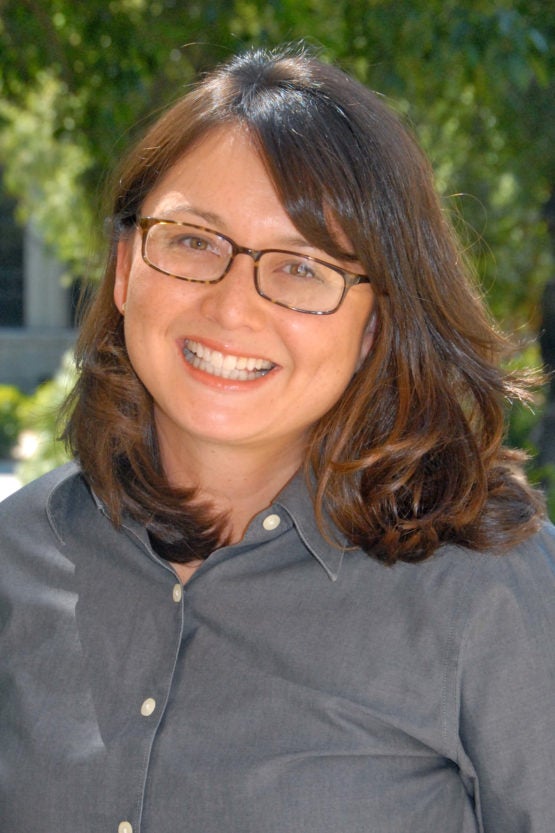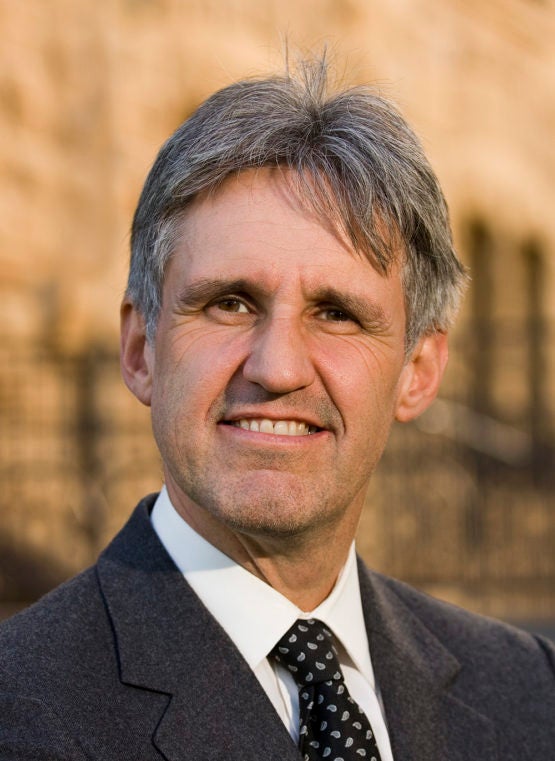In recent months, the Changing Human Experience Design Team has been developing a proposal for a fundamental research program in the arts, humanities and social sciences under Stanford’s long-range planning process, known as Our Vision.
The Changing Human Experience Design Team, which includes professors from the School of Humanities and Sciences, the Graduate School of Education and the School of Law, is seeking ways to continue deepening our understanding of humanity in order to make sense of our world – and ourselves – in a time of accelerating change.
The design team is led by Lisa Blaydes, a professor of political science and senior fellow at the Freeman Spogli Institute for International Studies, and Ian Morris, the Jean and Rebecca Willard Professor in Classics and a senior fellow in the Stanford Archaeology Center.
Blaydes and Morris, who will present the research proposal to the Board of Trustees in April, recently discussed the team’s process and philosophical approach.
The humanities, arts and social sciences are such an extensive cluster of fields. What was the process you went through to narrow the focus for the proposal?
We began from the premise that there’s no point producing a proposal unless it reflects what the faculty are working on, so the committee’s first step was to study the documents that our colleagues had submitted to the request for proposals in 2017-18. The intellectual diversity of the arts, humanities and social sciences is very clear in these proposals, but we could also see that many of them did cluster fairly tightly around the four themes of the body, the mind, globalism and political communities. As we discussed these topics further, we realized that they in turn clustered around the single issue of how much the human experience is changing in the 21st century – which in turn pushed us to focus on the need for artists, humanists and social scientists to make sense of these profound changes by putting them into the context of the thousands of years of history preceding our own age.
Why are the arts, humanities and social sciences, particularly at Stanford, critical to addressing the questions and issues that are central to the Changing Human Experience proposal?
An amazing amount of the changes in the human experience across the coming century is being pioneered right here at Stanford, in fields like artificial intelligence, neuroscience and new medicines, to name just a few. The scientists and engineers involved, though, aren’t always in the best place to see what their innovations mean for the human experience. That’s where artists, humanists and social scientists come in, with their training in analyzing attitudes, values and cultures in the long term. Stanford is perhaps the only university in the world that combines world-class engineering and natural sciences and top-ranked arts, humanities and social sciences, which means that Stanford has the potential to lead the interpretation, as well as the transformation, of the human experience.
Following that, why are the humanities, arts and social sciences essential to shaping Stanford’s long-range plan? What value do these disciplines in particular bring to the university’s research and teaching?
We believe that humanities, arts and social sciences research and education are essential for understanding the past, questioning the present and imagining a better future. The challenges of the future – from nuclear weapons proliferation to infectious disease transmission to global inequality to environmental degradation – require we enhance and encourage human capacity for cooperation. And, of course, understanding the past has never been more urgent as we grapple with the risks and opportunities of tomorrow/the road ahead.
Many of the long-range planning initiatives focus on solving problems in the world. How is the proposed Changing Human Experience research initiative different from solutions-based research?
The Changing Human Experience initiative is focused on fundamental research in the arts, humanities and social sciences. The research program we are proposing is not applied. But that does not mean that it isn’t vital. Fundamental research of this type does not have an immediate policy application or commercial value. As a result, universities have a special role to play in expanding human knowledge – and serving as repositories of knowledge – to help prepare society for both the challenges of today as well as the problems of the future that humans are not yet able to anticipate.

